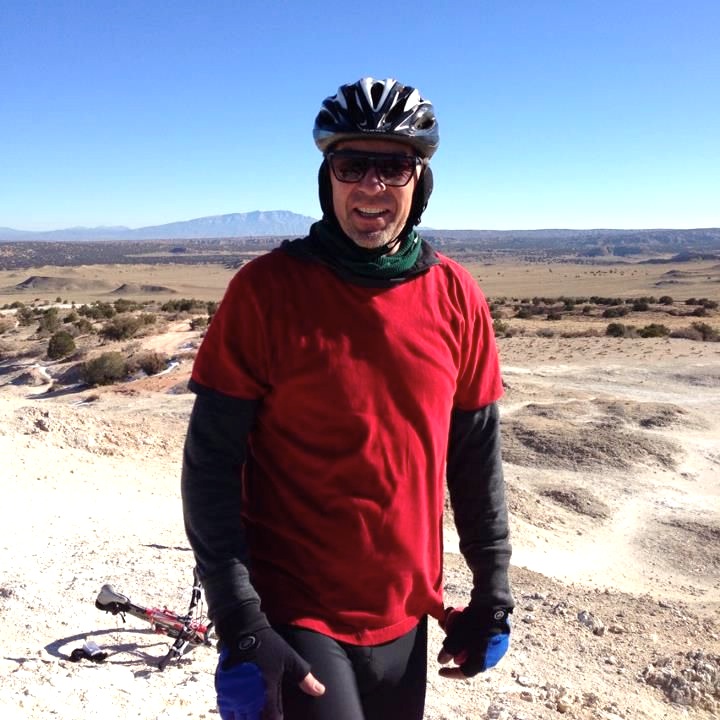
Core faculty
Our program has four faculty members conducting an active research agenda in several areas of hispanic linguistics. These include cognitive, typological, corpus-based approaches to language variation and change, language contact, first and second language acquisition, and sociolinguistics. For details on our projects, we invite you to visit our personal websites.
Our program has four faculty members conducting an active research agenda in several areas of hispanic linguistics. These include cognitive, typological, corpus-based approaches to language variation and change, language contact, first and second language acquisition, and sociolinguistics. For details on our projects, we invite you to visit our personal websites.

|
Richard File-Muriel examines how patterns of frequency of use impact the production and perception of language, specifically within the sound patterns of popular speech, while accounting for sociolinguistic and individual physiological variation. As a Fulbright Colombia recipient (2013), he and his partner helped develop and coordinate a Study Abroad Colombia delegation, which focuses on grassroots peace construction, interculturality, interbeing, and international solidarity. Visit Rich's researchgate site and Rich's academia.edu site. |

|
Eva Rodríguez-Gonzáles's main areas of research are 1) classroom-based language learning and 2) cognitive approaches to language acquisition. She has published articles on issues in foreign language lexical and grammatical acquisition, feedback in foreign language speaking and writing and Spanish-English codeswitching. She is currently working on a large Spanish proficiency project that will assess language complexity gains in different learning settings and teaching modalities. Visit Eva's website. |

|
Naomi Shin's primary interests include child language acquisition and bilingualism. Her research focuses on patterns of morphosyntactic variation, examining how these patterns are acquired during childhood and how they change in situations of language contact. Naomi teaches courses on child language acquisition, sociolinguistics, childhood bilingualism, and Gramática española: Variación Social. Visit Naomi's website. Naomi also co-directs the Lobo Language Acquisition Lab |

|
Damián Wilson's main areas of research and teaching are historical linguistics, sociolinguistics and sociology of language. One of his chief goals is to use these areas of study to support and inform the field of teaching of Spanish as a heritage language in the Southwest. A second goal is to advance research that examines the utility of usage-based theories of linguistic representation as accounting for language change and variation. Visit Damián's website, and Damián's academia.edu site. |

